The ancient Romans left an indelible mark on Britain, shaping life on the island in ways that still linger today. From their architectural marvels to social customs, legal systems, and even food, the Romans brought elements of their own culture that changed Britain forever. Even though it’s been more than 1,600 years since they left, the traces of Roman influence remain visible in the daily lives of Brits. From language to law and even city planning, the Romans laid down foundations that are surprisingly relevant. Let’s take a closer look at how ancient Roman life still shapes British life today.
1. Roman Roads That Still Guide British Transport
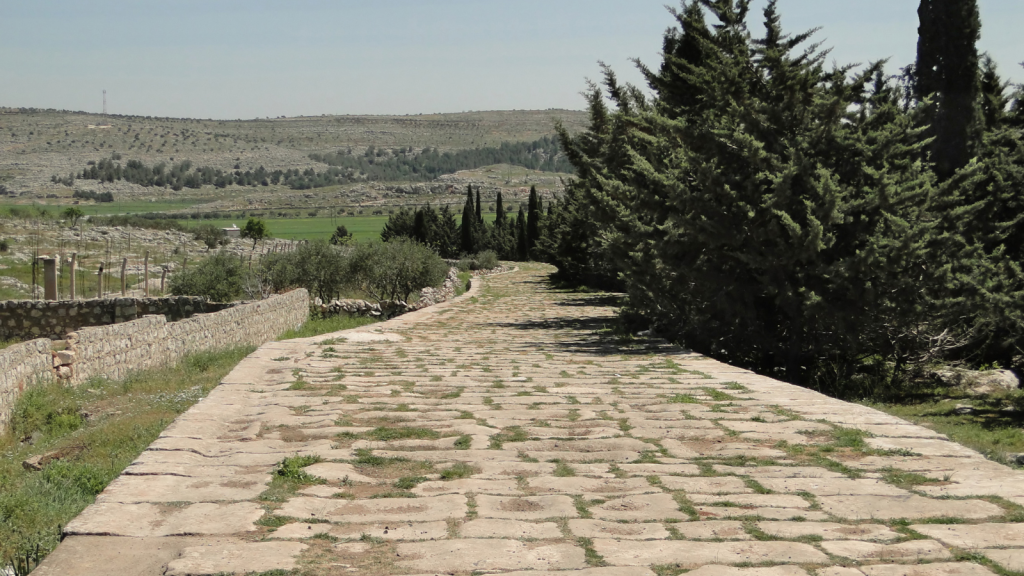
The Romans built an extensive network of roads across Britain, many of which have influenced modern British roads. Some major routes, like Watling Street and Fosse Way, remain important parts of Britain’s road system. Roman roads were renowned for their straight paths and durability, and they’re still visible in certain areas, guiding modern transport routes.
2. Central Heating in British Homes
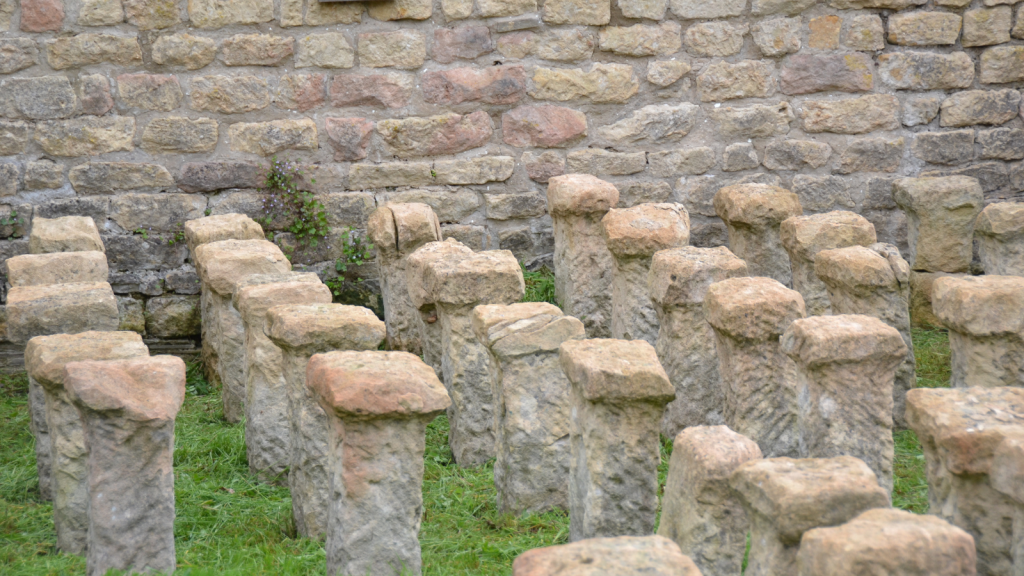
While we think of central heating as a modern invention, the Romans developed a form of it called the hypocaust system. This system, which heated floors and walls, can still be seen in ruins around Britain, and it inspired the heating techniques that evolved into today’s central heating systems. Many homes today have underfloor heating, a nod to this ancient technology.
3. Public Baths That Inspired British Spas
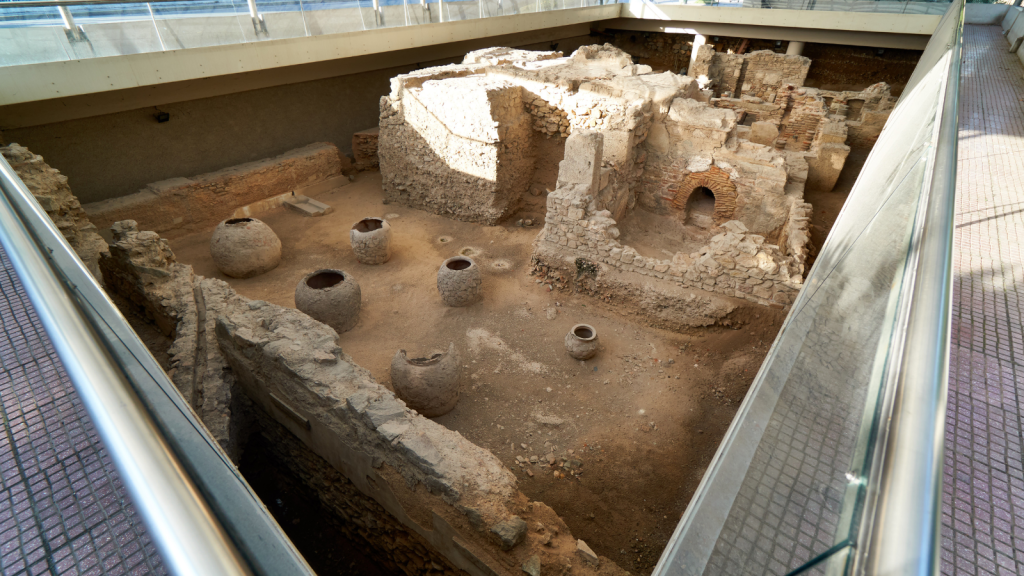
The Roman love for public baths inspired a culture of public bathing that continued through the centuries. The city of Bath, for instance, is named for its famous Roman-built baths. Today, British spa culture and public pools owe much to the Romans, who set up these facilities for relaxation and community gathering.
4. Roman Alphabet Used in English
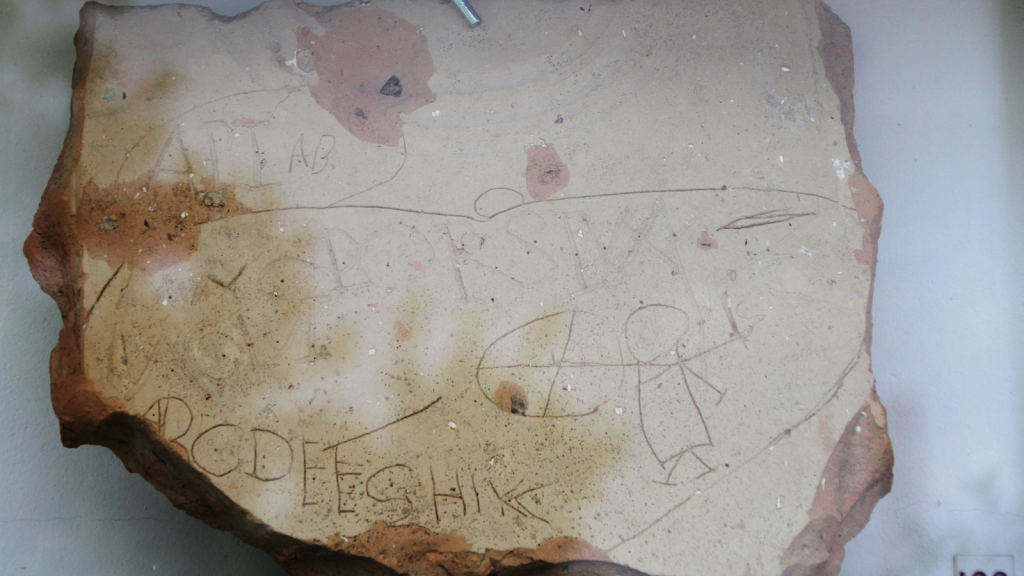
The English language uses the Roman alphabet, which was brought to Britain by the Romans. While some letters have been modified over time, the core structure remains the same. This alphabetic system replaced earlier British scripts and has become the standard for English and many other languages worldwide.
5. Latin Roots in the English Language
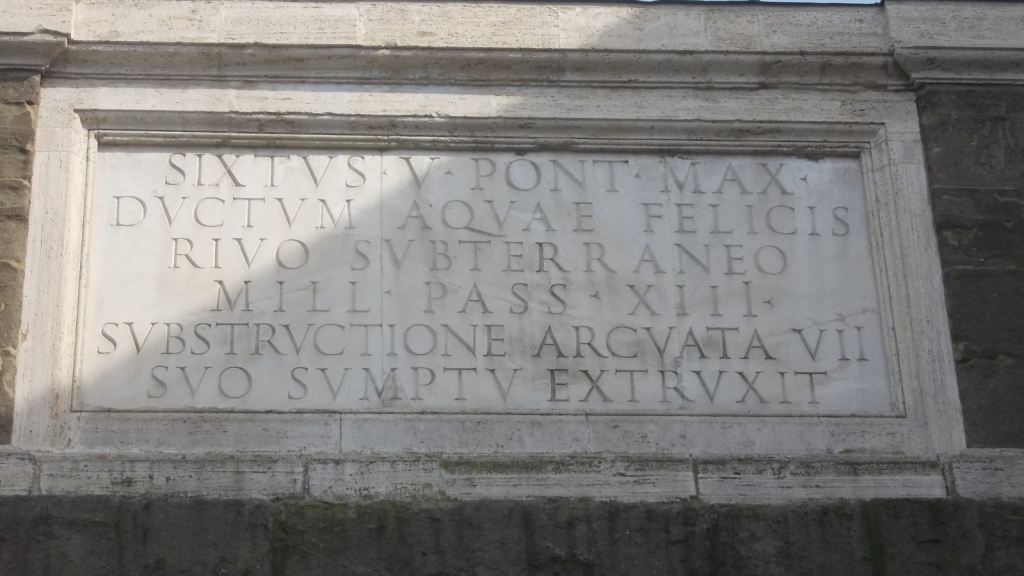
Latin, the language of the Romans, left a lasting impact on English vocabulary. Words related to law, government, science, and religion often have Latin roots. Even though English developed from Germanic languages, the Roman influence is significant, particularly in words used in academic and formal contexts.
6. Roman Law Foundations in British Legal Systems
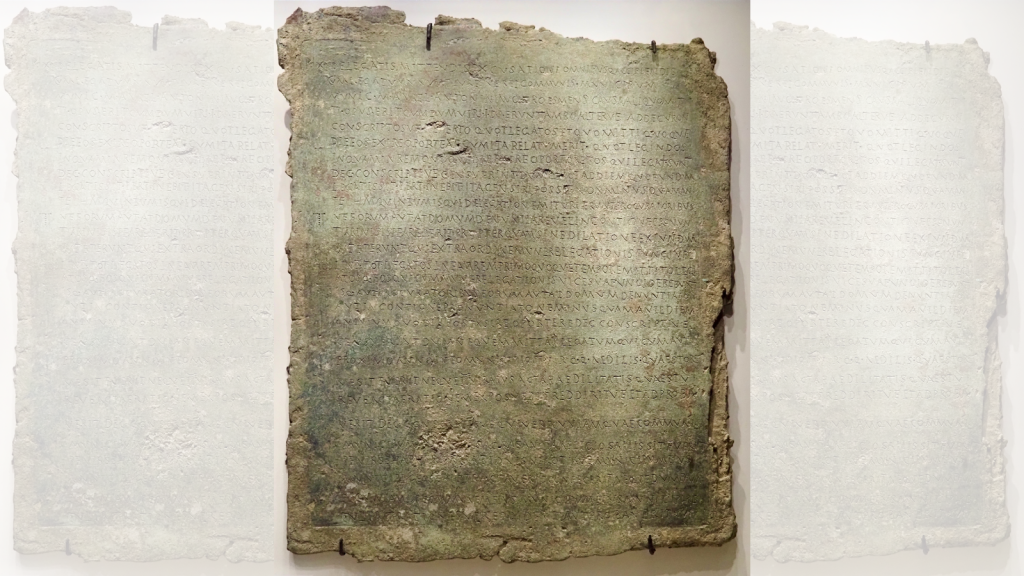
The Romans brought a structured legal system to Britain, and their principles influenced British law for centuries. Concepts like contracts, property rights, and legal representation trace back to Roman law. This Roman foundation has even influenced common law practices used in British courts today.
7. Roman Coins and the British Pound
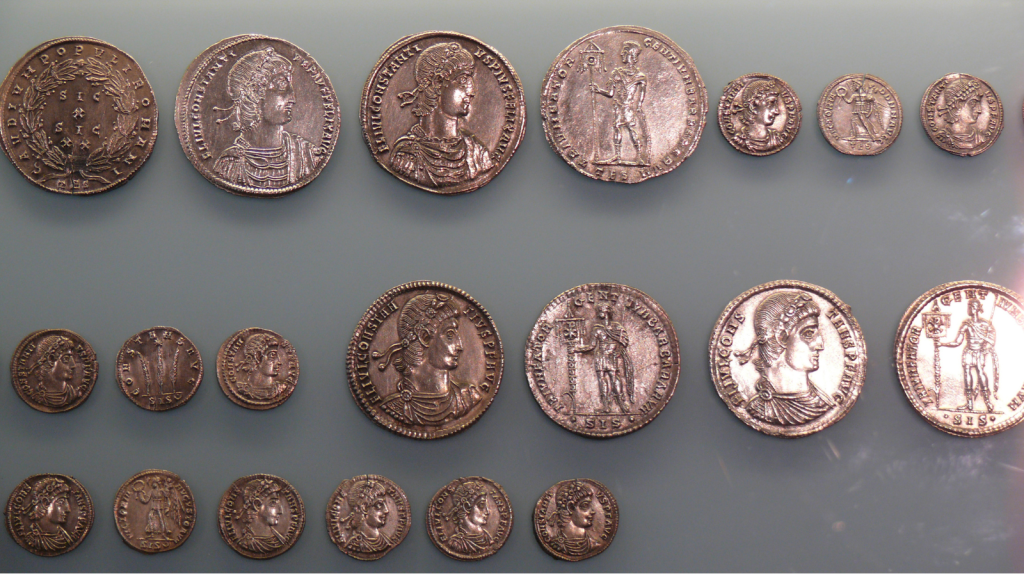
Roman coins were the first standardized currency used across Britain, and this tradition of coinage influenced the British currency system. Coins like the denarius set a precedent for the use of currency for trade, eventually leading to the development of the British pound.
8. Roman Villas as Models for British Architecture

The Romans introduced new architectural styles to Britain, including the villa. Roman villas, with their mosaic floors and courtyards, influenced British country houses and estates. Many grand homes across Britain today reflect this ancient Roman model of comfort and design.
9. City Planning and Infrastructure Inspired by Roman Design
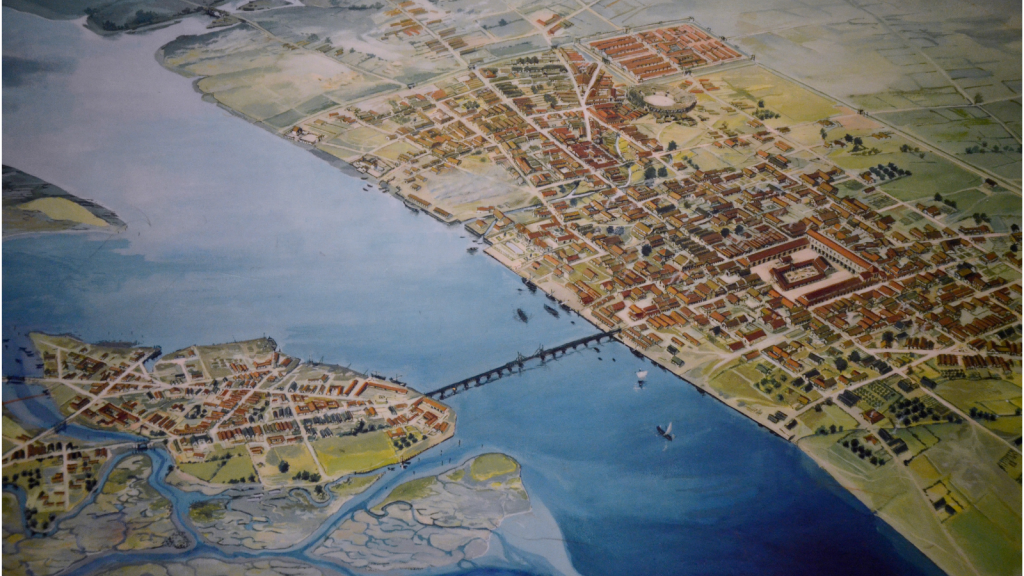
The Romans were known for their grid-based city planning, which influenced the layout of several British towns and cities. Roman Londinium, which later became London, was planned with this organized approach, creating infrastructure that influenced the city’s growth and structure over centuries.
10. Aqueducts and Advanced Water Systems
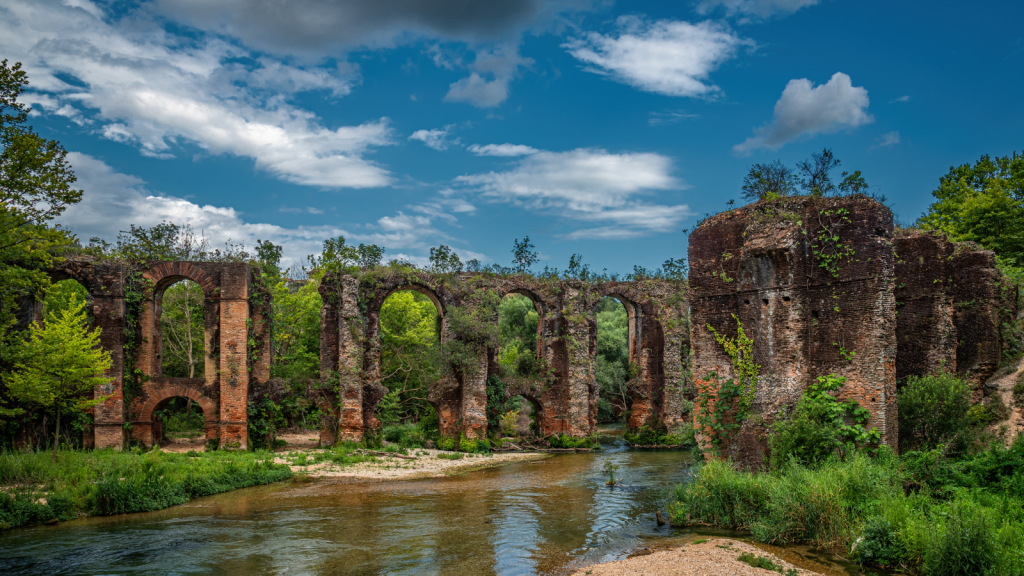
The Romans were experts in water engineering, building aqueducts and complex sewer systems. While not all of these ancient systems survived, their influence is seen in Britain’s modern water infrastructure. Roman approaches to clean water access set a precedent for future water management systems.
11. The Calendar and Months We Still Use
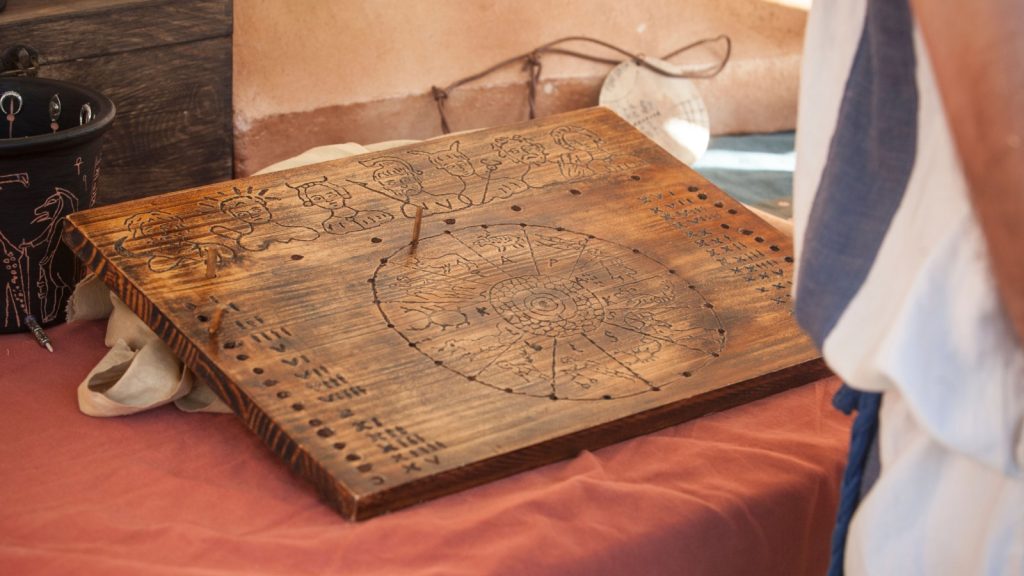
The Roman calendar, modified over time, still influences the modern calendar system. Months like July and August are named after Julius Caesar and Emperor Augustus, while other month names come from Latin roots. The basic structure of the calendar remains as the Romans established it.
12. Roman Military Legacy and Fortifications
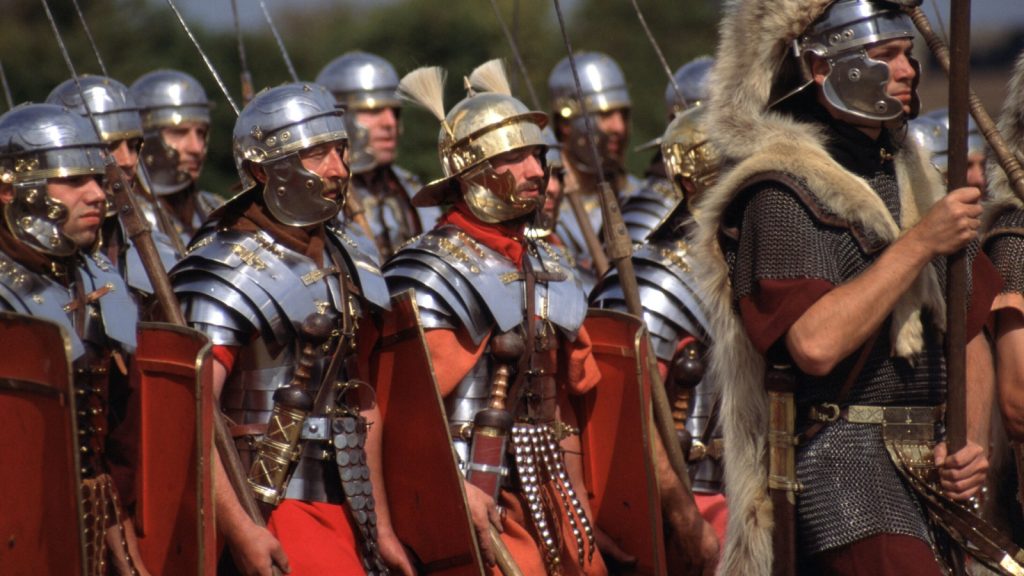
The Romans introduced advanced military tactics and fortifications, some of which can still be seen, like Hadrian’s Wall. This ancient defensive structure was built to protect Roman Britain from northern tribes and continues to be a historical site that reflects Rome’s military impact on Britain.
13. Street Names and Roman Legacy

Many British towns and cities still have streets named after Roman origins, such as “Chester,” “-caster,” or “-cester,” which all derive from the Latin “castrum,” meaning “fort.” These names serve as a lasting reminder of Roman presence and influence across Britain.
14. Roman-Style Governance in Britain

Roman Britain was governed as a province, and the Romans brought their administrative skills, which influenced local governance. From the organization of provinces to the division of roles in local councils, the Romans introduced structures that inspired British governance systems.
15. British Love for Wine

Romans introduced wine-making to Britain, setting up vineyards and spreading wine culture across the land. Although Britain’s climate wasn’t ideal, Romans cultivated grapevines, and today British wine production continues to flourish, particularly with a focus on sparkling wines.
Ellen has been obsessed with logic puzzles, jigsaws, and cryptograms since she was a kid. After learning she was taught how to play chess wrong by a family friend (so they could win), she joined her school chess club and the rest is history.


